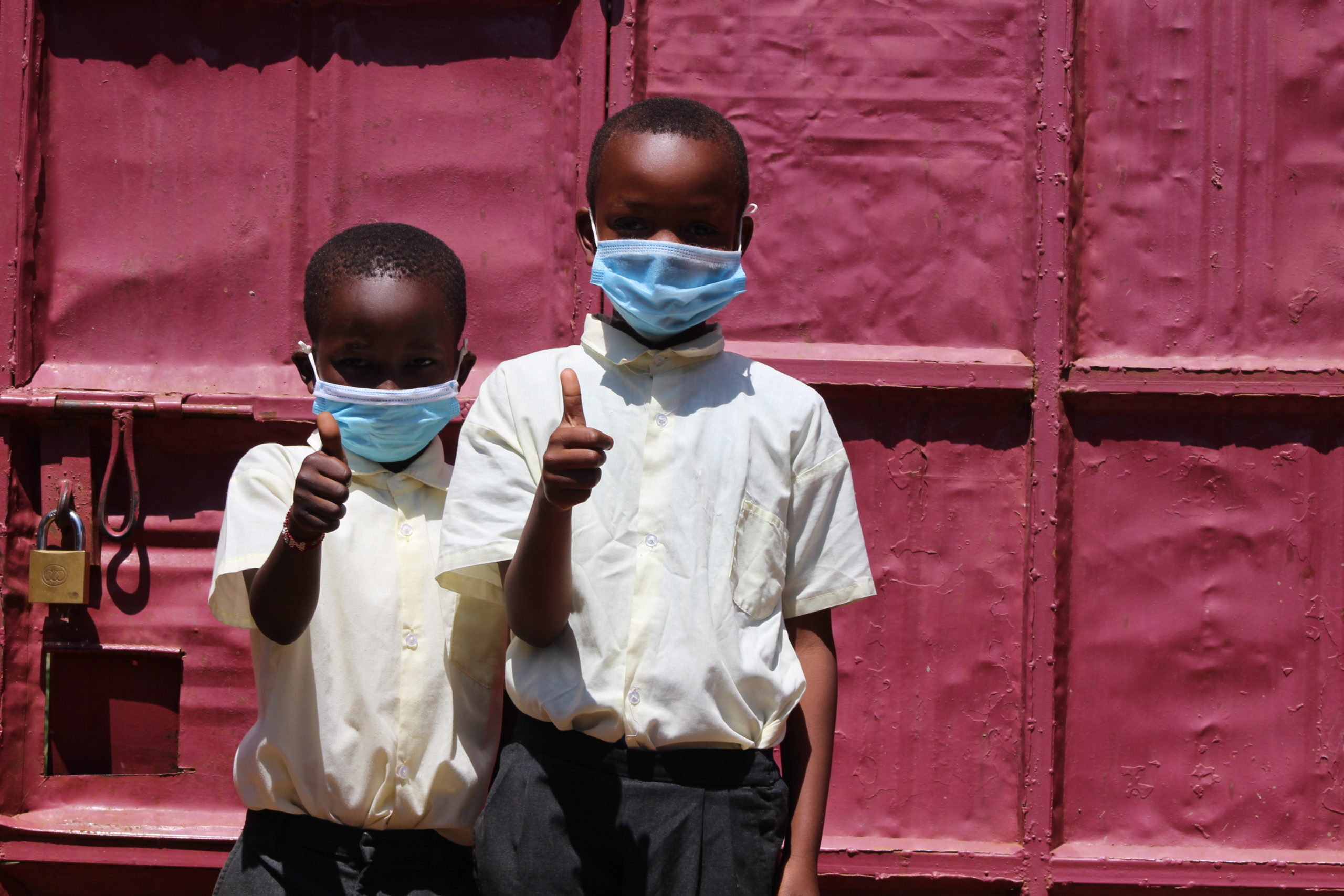Earlier this week I had the privilege of participating in a Twitter Chat as part of the preparations for the ‘Education Disrupted, Education Reimagined’ virtual conference, co-hosted by WISE (World Innovation Summit for Education) and Salzburg Global, at which I was also a presenter.
As populations across the globe come to grips with COVID19 and the resultant crises of education, health, and child well-being, this conference prompted deep reflection.
First, everything we know to be schooling, our traditional learning models, have been turned upside down and inside out. There is no business as usual. From the poorest to wealthiest communities, from Nairobi to New Zealand, children are out of school. For some, learning continues in new and exciting ways.
What’s exciting about this?
- We’ve known for a long time that traditional learning models don’t work for every child. Now we’re embracing the innovation and creativity we need to address this. Innovators, educators and policy makers are suddenly consumed with the urgency of reaching every child, keeping learning on track, and leaving no one behind. I hope this drives some long term benefit for the world’s out of school children, a group that was far too large even before COVID19.
- Many parents are engaging more in the content and method of their child(ren)’s learning than they have for a long time. Traditional learning models work best when parents are engaged and equipped to support their children’s learning. Although it is important to ask what happens when they don’t engage, whether because of inability or unwillingness, and how we can address this inequality?
- School Leaders are often an overlooked success factor in traditional learning models. However, schools that have excelled in offering physical, emotional and social support to teachers and learners during the COVID19 crisis have exemplary leaders.
Crisis Response
As people around the world innovate to solve the challenges that the #COVID19 crisis gives rise to, there are lots of bright spots to celebrate.
The Dignitas team’s response to COVID19 models innovation that seeks to use assets we already have, and put those in the hands of the community leaders who we’re working to empower. Our hope is that this kind of asset based approach will build capacity within the communities we serve that will strengthen those communities for a long time to come, well beyond the impact of COVID19.
The COVID19 crisis has driven collaboration in new and exciting ways. For example RELI (Regional Education Learning Initiative) members have come together to learn from each other in new, exciting ways. Crisis has driven education actors towards new levels of support for each other’s work with a passion to learn what works in the most efficient way possible.
Edtech is suddenly for everyone – the work being done by the likes of Ubongo Kids, Eneza Education and Safaricom to make online and tech solutions available to all learners is phenomenal and should persist. Of course, there are barriers and roadblocks in the roll out of tech solutions, and these cannot be ignored. We must consider the plight of low-tech households, communities with poor infrastructure, and others who risk being left behind. How do we make sure that we don’t exacerbate the divide between the haves and the have-nots?
Finally, we are seeing Government agencies like KICD (Kenya Institute of Curriculum Development) investing new levels of innovation and creativity into radio broadcasting to reach more learners, with a keen desire to expand access and engagement.
What have we learned from the COVID19 crisis, resultant school closures, and the corners that this has pushed us into (or boxes it has pushed us out of)?
- We MUST fix inequality or every twist and turn of fate will leave the furthest behind, further behind. This has to be an urgent pursuit of governments, non-state actors, funders, and communities around the world.
- With the right sense of urgency, education actors CAN collaborate in unforeseen ways, funders CAN make funds available without mountains of paperwork, and governments CAN invest in basic services. Can we replicate this beyond this season?
- Being adaptable under pressure, and the ability to pivot in response to a crisis like COVID19 is a 21st century skill that all learners, teachers, school leaders, and education actors need!
What Next?
An interesting theme of the conference was how to ‘build back better’. How do we make the season of crisis a season of fruitful learning and gains, so that when schools reopen, we provide better for all learners?
- At the end of the COVID19 crisis, perhaps we need to see learning deinstitutionalized. Should learning happen in schools? Yes! But it should also happen in homes, in communities, in places of faith, and in families.
- At the end of the COVID19 crisis, we need to see systems invest in School Leaders who can lead their teams to thrive through crises; by way of modelling, delegation, and collaboration, in and out of school as we know it.
- At the end of the COVID19 crisis, we need to remember how much we value teachers & how much we have come to respect the professionalism and expertise with which they approach our children’s learning.
As I hope you can sense, the conference brought together a series of surprisingly positive conversations and reflections. Despite very real and urgent concerns, there is much to be hopeful for. By coming together in this season to innovate and collaborate for the protection of our children, their rights, and their dreams, we can keep hope alive and work towards not just a brighter future, but a brighter present.




1 Comment
Jenny Lewis
Brilliant reflection. Thanks Deb for an informative presentation.